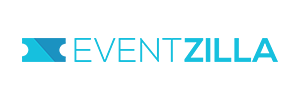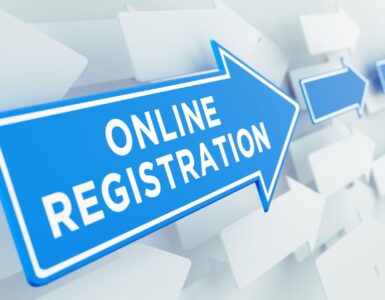Do you believe that hashtags have been around since 2007? It seems like just yesterday Twitter became a thing. But it’s actually been more than 10 years since this method of indexing keywords was created. Now, hashtags are a must when using many social media sites for marketing and promotion.
Definition
First, let’s define what we mean by hashtag. The Oxford American Dictionary defines it this way:
Hashtag n. (on social networking websites such as Twitter) a hash or pound sign (#) used to identify a particular keyword or phrase in a posting.
A hashtag can be used to keep track of how an individual post is engaging followers and fans. Or to find other posts that are interesting to you or your customers. Here are some examples of hashtags event planners can use to research event ideas and planning tips:
- #eventprofs
- #eventmanagement
- #meetingmarketing
- #eventplannerlife
What are its uses?
Marketers use hashtags to maximize search results for critical keywords and to increase engagement in social media posts. As an event planner, you can use hashtags to build your event brand, build event awareness, and engage your event audience. In fact, Twitter reports that brands that use hashtags see a 50% increase in engagement compared to those that don’t use hashtags.
Hashtags are a must when posting content on Twitter and Instagram. Experts suggest using 1 or 2 hashtags per Twitter post and 9 to 12 hashtags per Instagram post. On LinkedIn, hashtags are becoming more prevalent, so use them if they make sense for your event. Hashtags are rarely used on Facebook.
To be completely effective, don’t just use hashtags on social media platforms. Include them in your marketing messaging on your ticket website, in emails and digital ads, on tickets, and in press releases. Plaster it all over your event day materials as well, including agendas, name tags, signs, and presentations. If your target audience doesn’t know about your hashtag, they won’t use it or search for it.
Creating Effective Hashtags
It’s important to use hashtags that will engage your target audience and meet your social media engagement goals. Create hashtags that are:
- Relevant to your audience
- Descriptive of your event
- Unique to your event
- Easy to understand
- Not too long
For ideas, review the marketing messages you’ve created for your ticket website and advertising. Use applicable sales language and call to actions from those materials to create your hashtags. Make sure your tone and style are similar. Don’t use acronyms or abbreviations that wouldn’t make sense to the general public. Try to be as targeted with your hashtags as you can without being so exclusive that you turn people off or miscommunicate your intent.
Here are some good examples of event hashtags:
- #SuperBowl2019
- #CMWorld19
- #Coachella
- #NashvilleArtShow
- #BuckeyeMeetUp
Researching Your Hashtags
It’s not always necessary to create hashtags. You could also use existing ones. Do a thorough search across social media platforms for hashtag ideas and inspiration. Review the hashtags that industry leaders and influencers are using. Ask your speakers what hashtags are pertinent to their fans and followers. Search industry publications and other event sites for relevant hashtags. Look for hashtags that pertain to the locality of your event as well as your event venue. Use research tools such as Hastagify for inspiration. Take advantage of hashtags that are already trending. For example, if #AdminProfessionalsDay is trending and your event focuses on administrative support training, use this tweet to entice leaders to gift event tickets to their admins.
When to Use Hashtags?
Use hashtags whenever you post on Twitter, Instagram, and LinkedIn. It doesn’t matter where you are in the event planning and marketing cycle. Brand building is never-ending.
Before your event, use hashtags to build awareness and to drive people to your ticket sales site. Create a buzz for your event by featuring key speakers and attendees who will be at your event. Target leaders in specific industries or in certain locations with relevant hashtags. Create conversations by asking your followers questions and ask for the hashtag to be included in responses. Run ticket discounts and contests using hashtags to track engagement.
On event day, keep the conversation going by using a special event day hashtag. Post live content often during the day and ask speakers and vendors to do the same. Regularly poll attendees for feedback using the hashtag. Make sure to answer them if they ask questions and make comments. Place screens projecting your social feeds in event rooms so that guests can see the conversations taking place online. This will entice others to join the conversation during your event.
After the event, use social media to keep the engagement going, not only with attendees but also with speakers, sponsors, and vendors. If you’ve collected social media handles from any of these groups, follow them and interact with them using your most relevant hashtag as often as you can. At the very least, thank everyone for attending and ask them to attend again. Tease a new event as soon as you can with an updated hashtag. Also, post inspiring and fun event video content with your relevant hashtag to attract new prospects for your next event.
Hashtags are excellent viral marketing tools when used with strategic purpose. Invest time thinking about and implementing this critical promotional opportunity. It can make a difference in your event’s success.







